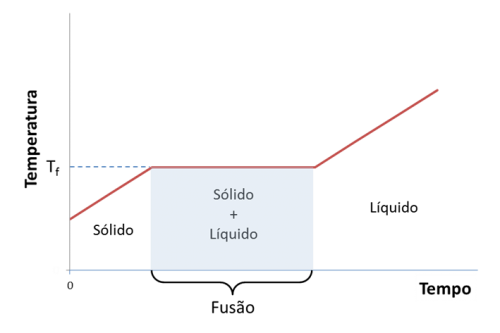E=mc2 is modern physics equation used as part of the Theory or Principle of Relativity, developed by the German physicist Albert Einstein.
The famous equation determines the ratio of the transformation of an object's mass into energy and vice versa, where "E" is energy, "m" is mass and "c" is the speed of light squared, considered the only constant in the Universe.
Knowing that the speed of light is approximately 300,000 km/s, the Theory of Relativity assumes that if a mass manages to surpass the speed of light, it would be able to surpass the barrier of time and space.
Albert Einstein published in 1905 an article called "Does the Inertia of a Body Depend on its Energy Content?", where he first presented the equation that defines the relationship of mass and energy.
Compared to current technological standards, a "small" amount of mass traveling in a vacuum at the speed of light would produce a very "large" amount of energy.
Example: If 10 kilograms of mass were totally transformed into energy, enough energy would be produced to evaporate all the water in Guanabara Bay in Rio de Janeiro.

